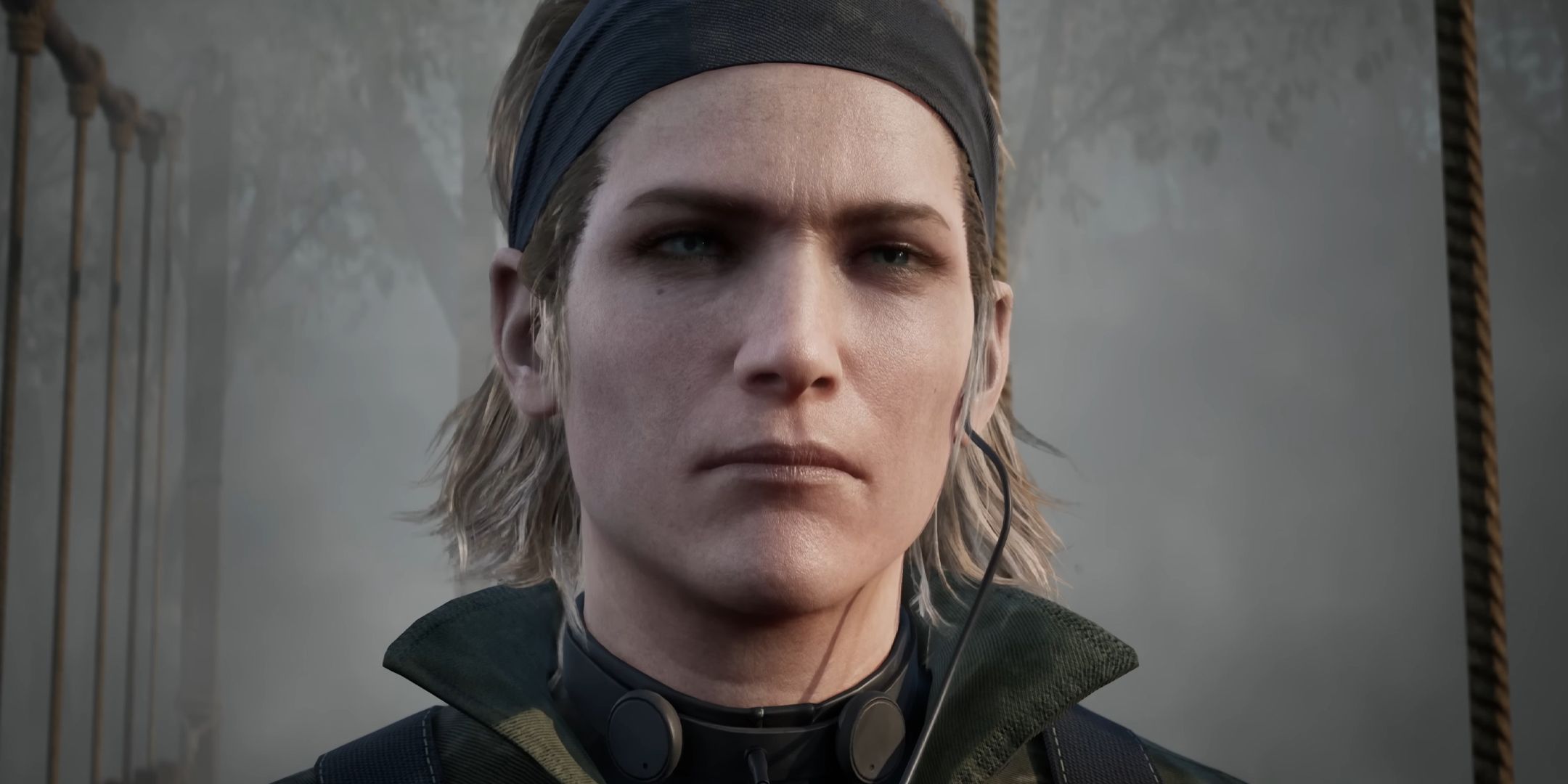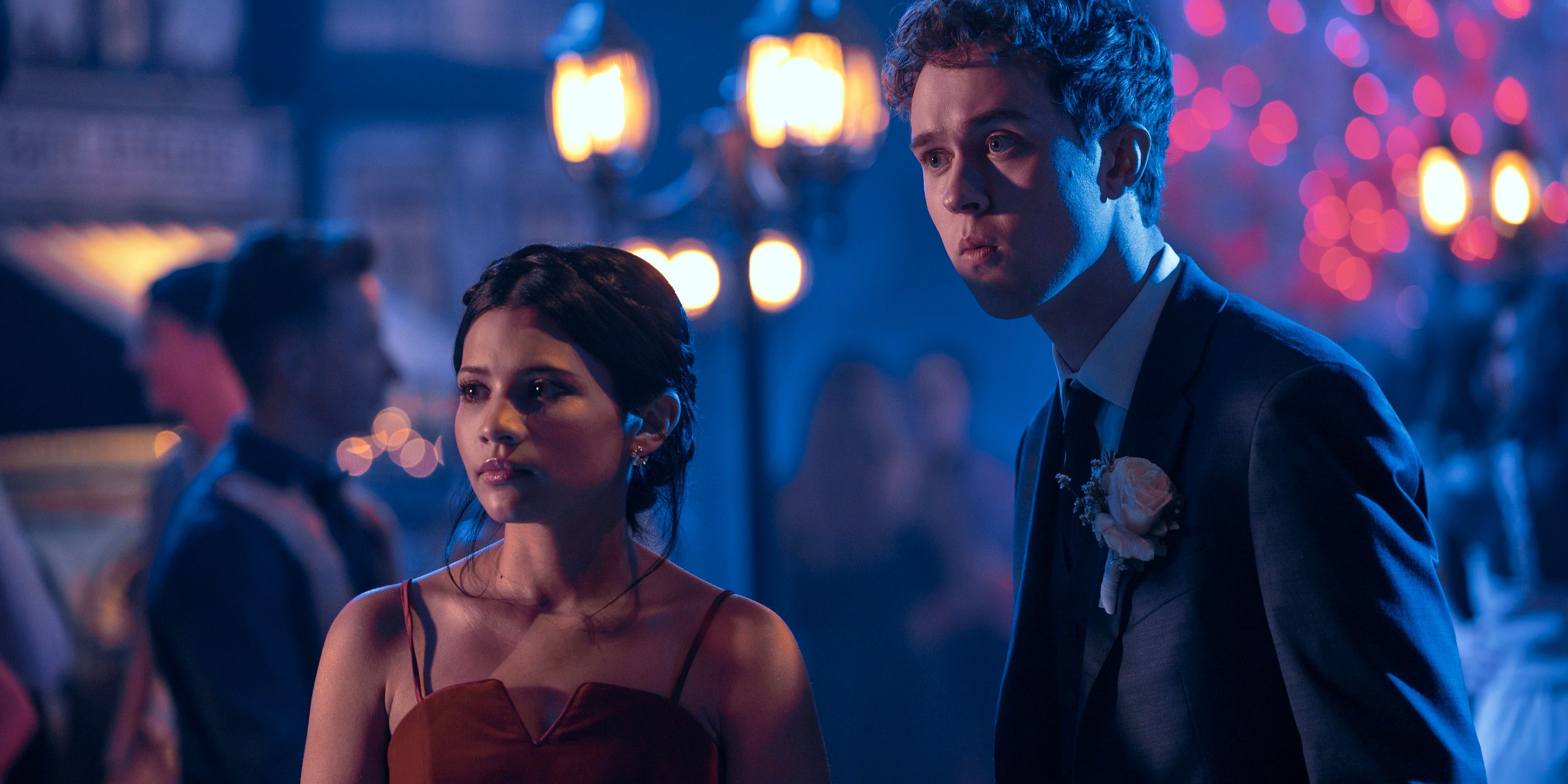 Few filmmakers in contemporary Kannada cinema have shaped audience expectations the way Pawan Kumar has. For many, his pathbreaking Lucia (2013) was the gateway into a new era of Kannada storytelling, followed by U Turn in 2016. Years later, as a producer, he championed indie brilliance again with Ondu Motteya Kathe, which introduced actor-director Raj B Shetty to the audience.
Few filmmakers in contemporary Kannada cinema have shaped audience expectations the way Pawan Kumar has. For many, his pathbreaking Lucia (2013) was the gateway into a new era of Kannada storytelling, followed by U Turn in 2016. Years later, as a producer, he championed indie brilliance again with Ondu Motteya Kathe, which introduced actor-director Raj B Shetty to the audience. Now, Pawan returns to the spotlight; this time in front of the camera with his upcoming web series Shodha. Premiering on August 29 on Zee5, Shodha, a psychological thriller adapted from the Hindi series Khoj, follows a man’s frantic search for his missing wife. The series also features Siri Ravikumar and Arun Sagar in pivotal roles.
In a candid chat, Pawan opens up about rediscovering his love for acting, the evolving Kannada OTT landscape, and why the web series format could be the real game-changer for regional talent.
How did Shodha happen for you?
I’ve always been an actor at heart. Theatre gave me that foundation, but somewhere along the way, writing and directing took over. Every now and then, friends would rope me into projects where they thought my presence could add something quirky or unusual. And two, I've always felt that I'm not an actor where I can go do a film and then claim a certain box office. Shodha was different because the moment I heard the half-page synopsis, I knew it was an actor’s delight. The role demanded a spectrum of emotions, sadness, power, vulnerability, unpredictability.
As a performer, it’s rare to get that range in one project. Add to that the thriller format, and I couldn’t resist.
What makes web series a compelling space for you as an actor?
For someone like me, series are a neutral ground. If you look at Hindi OTT, incredible performers who may not have blockbuster films are thriving in web series. They get meaty roles and the freedom to explore without the pressure of commercial returns. I felt Shodha was that kind of opportunity for Kannada too. A chance to test the waters in a new format and have fun purely as an actor.

Where do you see the Kannada OTT ecosystem right now?
Honestly, we’ve been craving for it. For years, none of the networks seemed interested in investing in Kannada series. With Shodha, the platform came halfway by allocating a budget and taking a chance. As creators, it’s our responsibility to meet them halfway and deliver content that hooks audiences. Once viewers get invested, it can open the floodgates for more series, more jobs, and more opportunities for writers, directors, and actors.
Speaking of writers, how ready is the talent pool in Kannada for web series?
Talent can come from anywhere. Take Ondu Motteya Kathe, it came from a small team in Mangalore who were doing corporate videos. Suddenly, they went on to make one of the highest-grossing films of the year. Similarly, once OTT opens up, many voices will emerge. What excites me is that some networks are creating writers’ rooms, training new talent, and building a pool specifically for series. That’s exactly what we need. Not just content, but a system that nurtures storytellers.

Your earlier series Leila (Netflix, 2019) left a strong impression, but also ended on a cliffhanger. Any chance we’ll see a Season 2?
Unlikely. The thing about series is that they’re corporate-controlled projects. With films, you can take your product to theatres find a distributor, and put it out there regardless of outcome. With series, the platform decides everything. What fits their calendar, what aligns with their business. Leila had a very strong political stance, which drew backlash, and I don’t see it being commissioned for a second season. That said, I loved being part of it because of how honest and dystopian it felt. We even had a draft of Season 2, but it will probably remain on paper.
You mentioned exploring Telugu OTT as well.
Yes, I did a time-loop thriller called Kudi Yedamaithe for Aha. It was made right after the second wave of the pandemic, and honestly, when I look back, I’m surprised we pulled it off at that scale. It’s one of those projects I’m really proud of.
How do you pick your directorial projects? Anything you are currently working on now?
I don’t plan too much. Four months ago, I didn’t even know I’d be speaking about Shodha. Now I see myself plastered across hoardings in the city! I like working instinctively and projects fall into place, collaborations happen, and something exciting emerges. Of course, I keep writing and discussing ideas, but for me, filmmaking has always been a collective exercise rather than an individual pursuit.
And finally, the question every aspiring writer wants to ask: how can someone pitch an idea to you?
For me, it’s about passion for the craft, not just the output. I connect with people who talk cinema from an artistic perspective. We talk about storytelling, style, character rather than only about budgets and box office. When I start a project, I usually put out links on social media so that people can reach out and join in. That’s how collaborations happen.
Also Read: International Web Series To Watch That Became An Instant Hit Ever Since It’s Release


 3 days ago
1
3 days ago
1 










 Bengali (Bangladesh) ·
Bengali (Bangladesh) ·  English (United States) ·
English (United States) ·